Did you know that dehydration can lead to fatigue, high blood pressure, and irregular heart rate? It’s a serious issue that many people struggle with, especially in extreme heat conditions. But here’s the surprising truth: the popular “eight-by-eight” rule of drinking eight glasses of water each day is just a myth! There is no scientific evidence to support it.
So how much water do you really need to stay properly hydrated? In this article, we will bust common hydration myths and provide you with the facts you need to know about water intake and your daily hydration requirements.
Key Takeaways:
- Dehydration can lead to fatigue, high blood pressure, and irregular heart rate.
- The “eight-by-eight” rule of drinking eight glasses of water each day is a myth.
- For adult men, the adequate intake of water is 15.5 cups (3.7 liters or 125 ounces) per day.
- For adult women, the adequate intake of water is 11.5 cups (2.7 liters or 91 ounces) per day.
- Hydration needs vary depending on factors such as body composition, physical activity levels, salt intake, and environmental conditions.
Factors Affecting Hydration Needs
When it comes to staying properly hydrated, several factors can come into play. Let’s debunk some hydration myths and explore the optimal hydration levels for your body.
One common misconception is that everyone needs to drink eight glasses of water a day. However, the truth is that hydration needs vary from person to person. Different rules of thumb exist, but the best approach is to listen to your body and drink as needed to maintain optimal hydration levels.
“Always aim to drink eight glasses of water a day!”
This myth may have good intentions, but there is no scientific evidence to support it. The notion that everyone needs the same amount of water is simply not true. Your hydration needs depend on various factors, including your lifestyle and the environment you’re in.
Active Jobs and Exercise
If you have an active job or exercise regularly, you may need more water than someone with a more sedentary lifestyle. When you sweat and engage in physical activity, your body loses fluids that need to be replenished. So, it’s essential to hydrate before, during, and after exercise to maintain proper hydration levels.
Climate and Life Stages
The climate you live in can also impact your hydration needs. In hot and humid environments, you may need to drink more water to stay adequately hydrated. Additionally, life stages such as pregnancy and breastfeeding can increase your hydration requirements. It’s crucial to pay attention to your body’s signals and adjust your water intake accordingly.
The Power of Listening to Your Body
When it comes to hydration, there is no one-size-fits-all solution. By listening to your body, you can better understand when you need to drink more water. Thirst is a reliable indicator of dehydration, so make sure to drink when you feel thirsty. Trusting your body’s signals is key to maintaining optimal hydration levels.
Hydration Myths vs. Facts
| Hydration Myth | Hydration Fact |
|---|---|
| “Everyone needs to drink eight glasses of water a day.” | Hydration needs vary depending on factors such as activity level, climate, and life stage. |
| “You only need to drink water when you feel thirsty.” | Thirst is a reliable indicator of dehydration, but it’s important to be proactive and drink water before feeling thirsty. |
| “Sports drinks are the best way to stay hydrated during exercise.” | While sports drinks can be beneficial for intense exercise, water is usually sufficient for most workouts. |
Personalized Hydration Recommendations
When it comes to staying hydrated, there is no one-size-fits-all solution. Hydration needs vary depending on various factors such as body composition, physical activity levels, salt intake, and environmental conditions. To determine accurate water consumption guidelines, it is important to consider individualized recommendations.
Factors such as body size, outdoor temperature, and activity level all play a role in how much water you actually need. Contrary to the popular belief of drinking two liters of water per day, this guideline is nothing more than a myth. Instead, the best approach is to listen to your body’s signals and drink when you feel thirsty.
Adjusting your water intake based on your individual needs and health conditions is crucial for maintaining optimal hydration. Whether you’re a marathon runner or spend most of your day in a sedentary position, it’s essential to pay attention to your hydration levels and make necessary adjustments.
By customizing your hydration routine, you can ensure that you are meeting your body’s specific requirements. Remember, water consumption guidelines are not set in stone and may vary from person to person.
Factors Affecting Hydration Needs
To understand the impact of various factors on your hydration needs, let’s take a closer look:
| Factors | Influence on Hydration Needs |
|---|---|
| Body Composition | Your body’s composition, including muscle mass and fat percentage, can affect hydration needs. Muscles contain more water than fat, so individuals with higher muscle mass generally have higher hydration requirements. |
| Physical Activity Levels | The more active you are, the more fluid your body loses through sweat. Engaging in intense physical activity or having a physically demanding job can significantly increase your hydration needs. |
| Salt Intake | Consuming a diet high in sodium can lead to increased water retention and, consequently, higher hydration needs. Conversely, individuals on low-sodium diets may require less water. |
| Environmental Conditions | Living in a hot and humid climate can cause excessive sweating and higher water loss. Similarly, high altitudes and dry environments can also increase dehydration risk. |
As you can see, personal hydration recommendations go beyond a generic two-liter mark. It’s important to monitor your body’s signals, such as thirst, and make adjustments based on the factors that influence your individual needs. Staying properly hydrated is a key component of overall health and wellbeing.
The Role of Fluid-Rich Foods and Beverages
When it comes to staying hydrated, water isn’t the only way to quench your thirst. Did you know that your food can also contribute to your daily water intake? In fact, about 20% of the water we consume comes from the food we eat. So, if you’re looking to boost your hydration levels, it’s time to dive into the world of fluid-rich foods and beverages.
High-fiber foods, such as fruits and vegetables, are excellent sources of dietary water. These hydrating champions are packed with moisture, helping to keep you hydrated throughout the day. So, why not snack on some juicy watermelon or enjoy a refreshing cucumber salad?
Fluid-rich meals and beverages also play a significant role in our hydration. While water is always a top choice, other beverages like herbal teas and infused water can add flavor while keeping you hydrated. Remember, any liquid can contribute to your water intake, but it’s essential to choose wisely. Sugary sodas and fruit juices may quench your thirst, but they’re not the best options from a nutritional standpoint. So, opt for healthier choices that provide hydrating benefits without the added sugars.
| Fluid-Rich Foods | Hydration Level |
|---|---|
| Fruits (e.g., watermelon, oranges) | High |
| Vegetables (e.g., cucumber, lettuce) | High |
| Soups (e.g., broth-based soups) | Medium |
| Smoothies (made with water or coconut water) | Medium |
| Herbal teas (e.g., mint, chamomile) | Medium |
It’s important to highlight that the human body can also generate water as a byproduct of metabolizing food. So, the next time you enjoy a delicious meal, know that your body is not only fueling itself but also providing you with hydration.
Now that you know the role of fluid-rich foods and beverages in staying hydrated, make a conscious effort to incorporate them into your daily diet. Let your taste buds and hydration levels rejoice!
Debunking Common Misconceptions About Hydration
When it comes to hydration, there’s no shortage of myths and misinformation. Let’s dive into some of the most common misconceptions and set the record straight.
Myth: Caffeine and Alcohol Dehydrate You
Contrary to popular belief, enjoying a cup of coffee or a refreshing cocktail won’t leave you parched. While caffeine and alcohol do have diuretic effects, meaning they can increase urine production, they won’t dehydrate you when consumed in moderation. In fact, the hydrating effects of water, lager, coffee, and tea are nearly identical. So go ahead, sip that latte or savor that pint without worrying about dehydration.
Remember: Moderate consumption is the key to avoiding any negative effects of caffeine or alcohol on hydration.
Myth: Electrolyte Drinks Are Essential for Hydration
You may have seen athletes chugging down electrolyte drinks after an intense workout, but for most healthy individuals, these beverages aren’t necessary for everyday hydration. Unless you’re engaging in prolonged vigorous exercise in hot weather or experiencing excessive fluid loss, you can obtain the necessary electrolytes from your diet. So, save your money and skip the sports drinks unless you truly need them.
Tip: Opt for natural sources of electrolytes, such as fruits and vegetables, which provide a wide array of minerals and nutrients along with proper hydration.
Myth: Drinking More Water Is Always Better
While drinking enough water is important for maintaining hydration, there is such a thing as overdoing it. Your body has a remarkable ability to regulate its fluid balance, so you don’t need to force yourself to drink excessive amounts of water. As long as you listen to your body’s thirst signals and drink when you’re thirsty, you’re likely getting enough water.
Pro tip: Pay attention to the color of your urine. Clear or light yellow urine is a good sign of proper hydration, while dark yellow urine may indicate dehydration.
Now that we’ve debunked some common hydration myths, you can make informed choices about how you hydrate. Remember, the key is to listen to your body, enjoy a variety of fluids in moderation, and nourish yourself with a balanced diet that includes hydrating foods.
Conclusion
So, there you have it – the truth about optimal hydration and staying hydrated. It’s crucial to listen to your body and drink when you feel thirsty. Remember, there’s no one-size-fits-all approach to hydration. Your individual needs may vary based on factors like your body composition, activity level, and environmental conditions.
By maintaining optimal hydration levels, you can support proper bodily functions and promote overall health. Hydration plays a vital role in maintaining energy levels, regulating body temperature, and promoting healthy skin. Don’t fall for hydration myths or strict water intake rules; instead, trust your body’s signals and drink as needed.
Whether you’re enjoying a refreshing glass of water, sipping on a cup of tea, or indulging in hydrating foods like fruits and vegetables, every little bit counts. Remember, staying hydrated is not just about drinking water – it’s also about consuming fluid-rich foods and beverages that contribute to your overall water intake.
So, as you navigate through your day, keep in mind the importance of optimal hydration. Stay in tune with your body’s needs, stay refreshed, and stay hydrated for a healthy, happy you!
FAQ
How much water do I really need to drink each day?
What factors can affect my hydration needs?
What is the best approach to staying hydrated?
How much water can I get from food?
Do beverages with caffeine or alcohol dehydrate you?
What are the benefits of staying properly hydrated?
MORE SOURCES TO READ:
- https://www.cnet.com/health/medical/how-much-water-do-you-really-need-to-drink-each-day/
- https://sarahannmacklin.com/health-hub/myth-busting-hydration-free
- https://www.irishtimes.com/life-and-style/health-family/how-much-water-do-you-need-to-drink-every-day-1.4678697
![]()




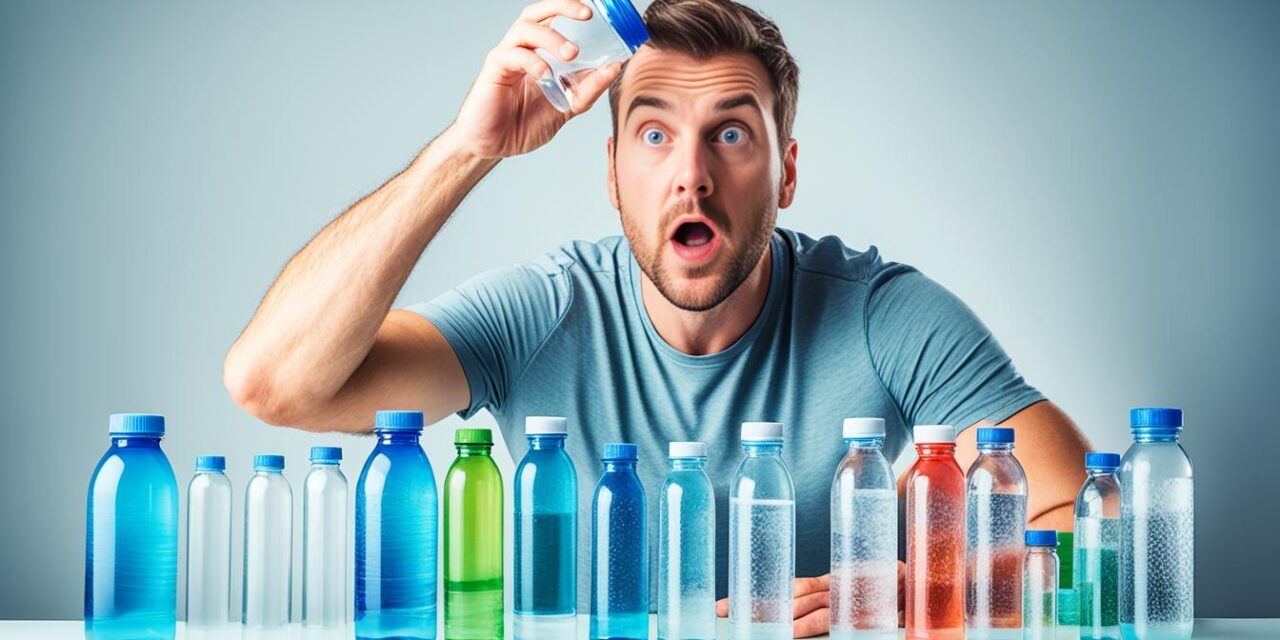
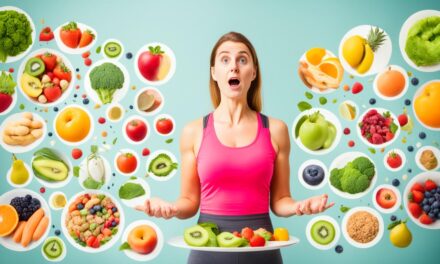
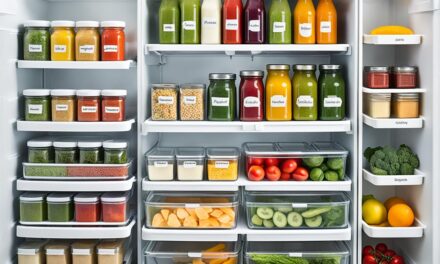
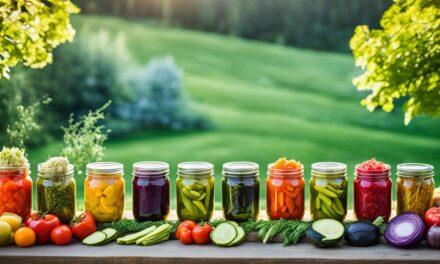
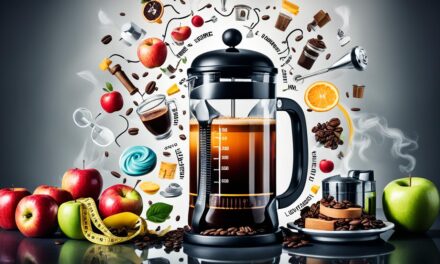





Recent Comments